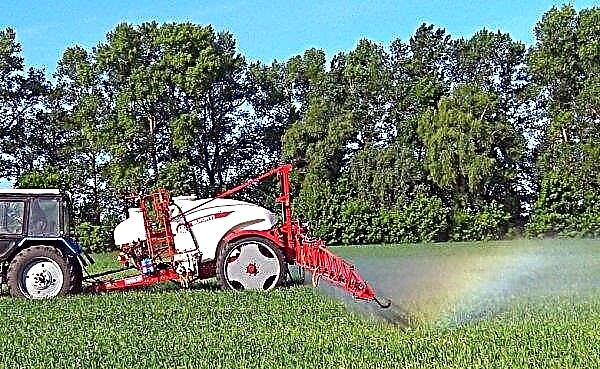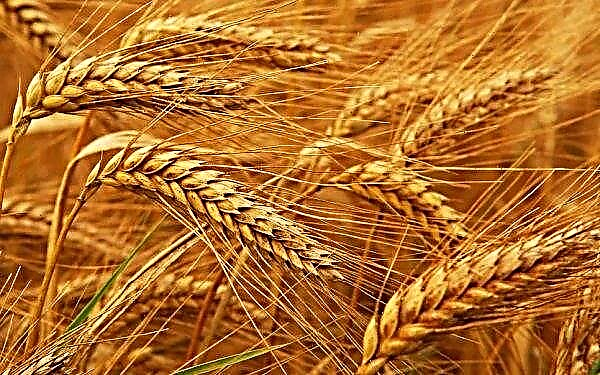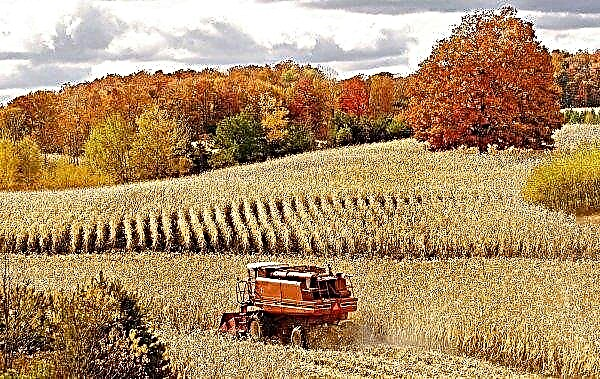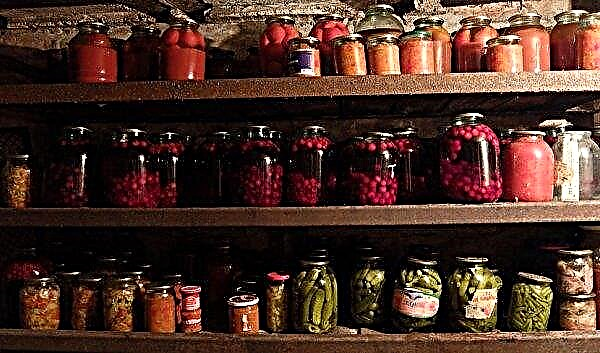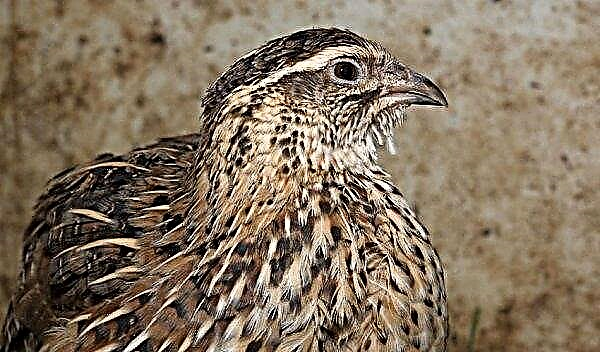One of the global problems of mankind is ensuring the food security of the world's population. It is not possible to expand the cultivation area with land that is currently not cultivated, especially given the pressure of climate change.
One way to achieve higher yields is to reduce crop losses caused by pests. For example, on crops such as rice and corn, insects result in a loss of up to 15%.
Biological control, in which insect populations are reduced by using other insects (their natural enemies), is usually considered a sustainable and environmentally sound approach to reducing insect crop losses.

The natural enemies of insect pests are parasitoids. Many of their species are currently bred for commercial purposes for mass production in order to gain immediate control of pests that attack gardens or greenhouses.
But their effectiveness must be improved. This requires not only increasing their numbers in the fields, but also increasing their success in finding food.

Parasitoids were trained by letting them feed on filter paper saturated with yeast fermented nectar for 2 minutes, which was repeated 3 times, they were very attracted to these and other yeast nectars over the next 24 hours. This shows that when parasitoids are trained, they can more quickly produce nectar in the field.
Due to such a high learning ability, parasitoids can be mass-trained before being released to the field to improve their performance when searching for food and aphid hosts.

